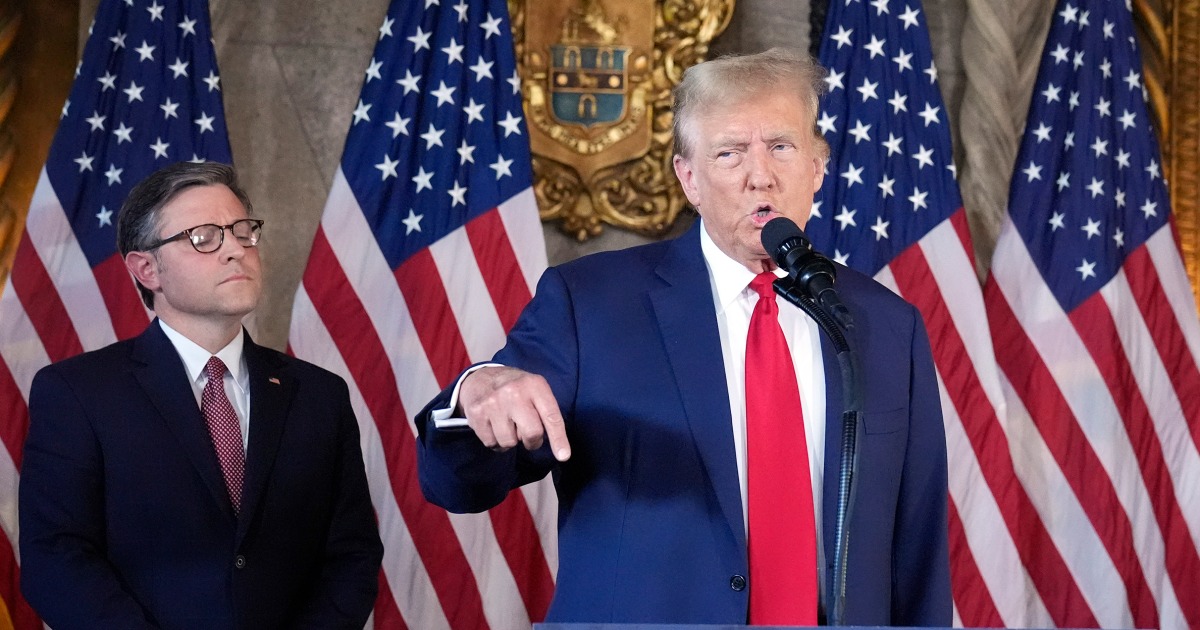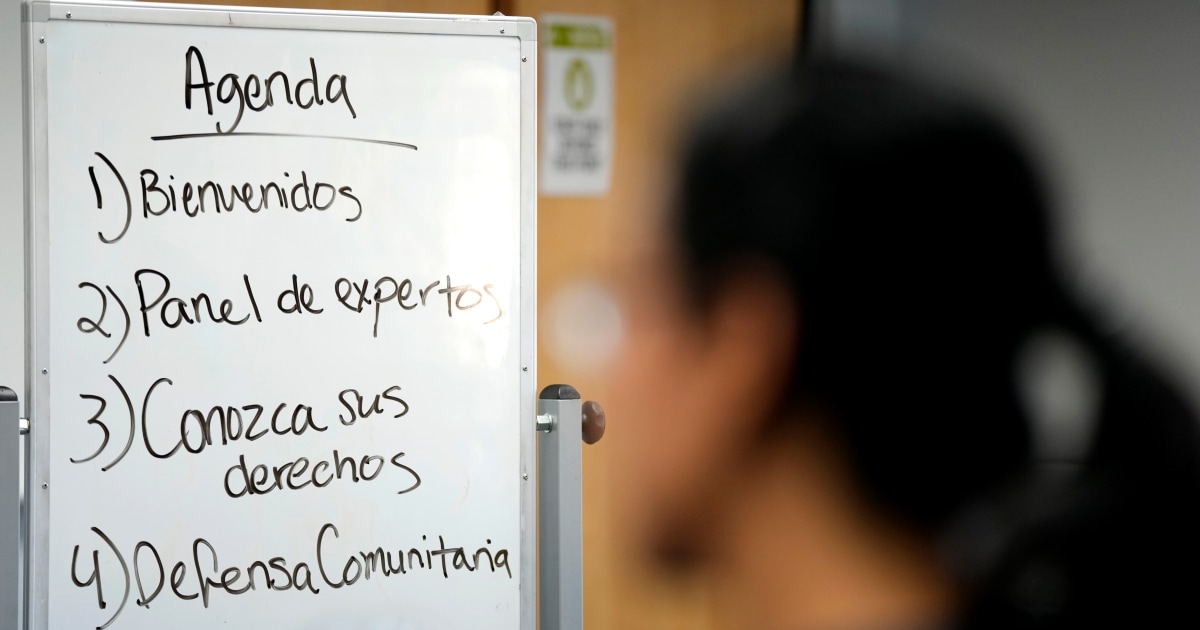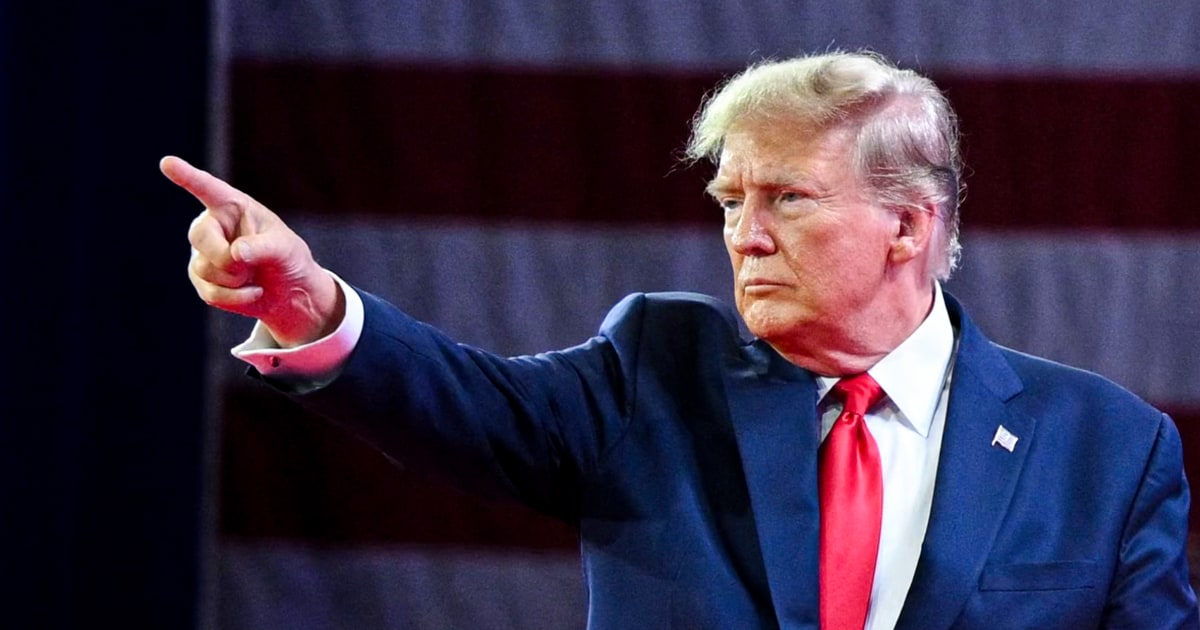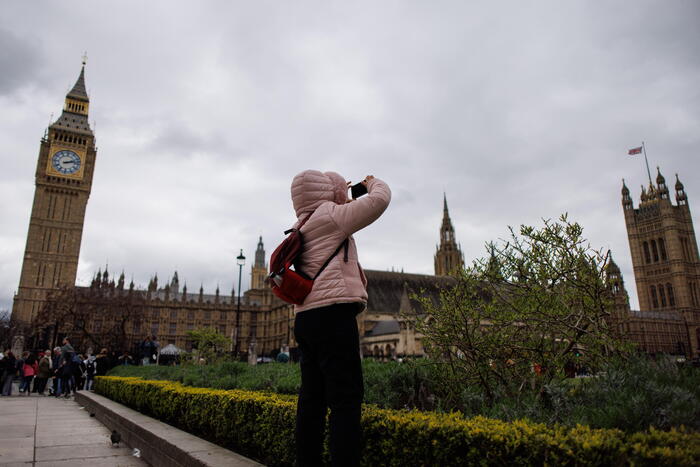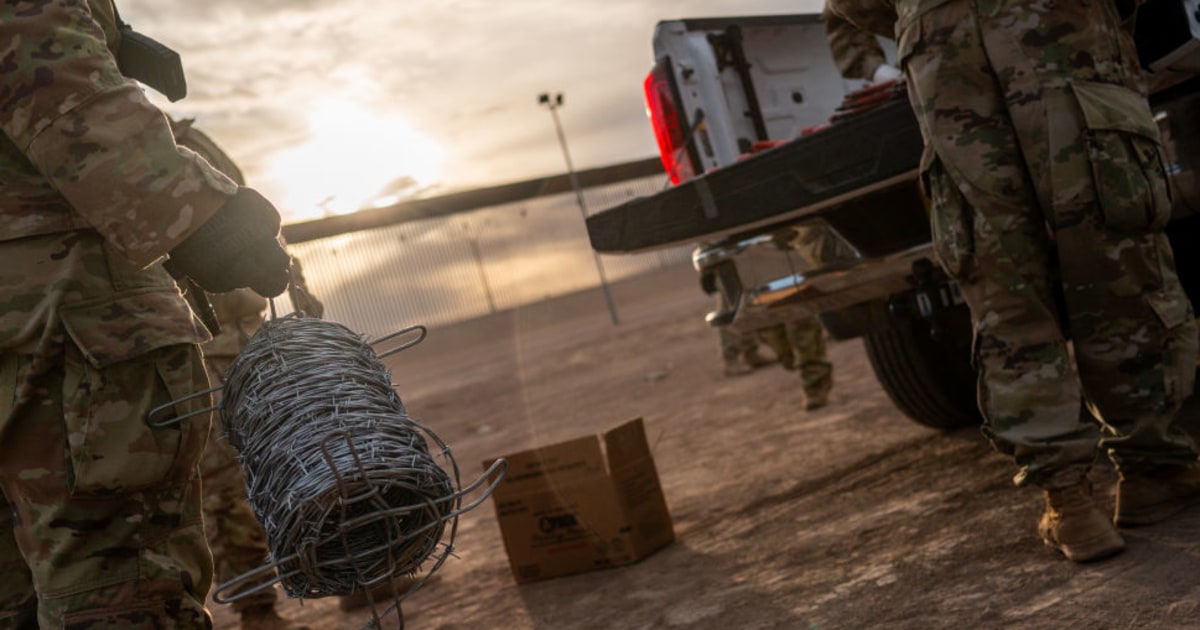The fight against the decision of the Boris Johnson government to start deporting refugee claimants to the African country of Rwanda is taking place on all possible judicial fronts, British or European.
The European Court of Human Rights (ECHR), located in Strasbourg, has made the decision that several English courts had resisted adopting.
It has ordered the suspension of the transfer of a 54-year-old Iraqi citizen, who was notified that he had been designated to make the trip, despite the fact that “on May 27, 2022, a doctor from the Immigration Center [where he resided, at his arrival in the UK] had issued a report indicating that the applicant may have been subjected to torture,” according to the suspension order issued by the ECHR.
A judge on duty at the Court began to review the claims of the other seven immigrants who were going to be on the first plane to Rwanda, because the legal arguments used to stop the deportation of the Iraqi citizen would also be valid for them.
The British Government is currently studying whether the flight goes ahead.
Boris Johnson's survival instinct leads him to believe that he who resists wins.
Any strategy to reduce irregular immigration will be applauded by those conservative voters who backed Brexit in 2016, and in 2019 gave themselves over to the current prime minister.
Downing Street and the British Foreign Office have decided to stand up against the barrage of criticism that their policy of deporting asylum seekers to the African country of Rwanda has received.
The main representatives of the Church of England, 23 bishops who occupy a seat in the House of Lords, have sent a letter to The Times newspaper in which they harshly denounce an immigration practice "that should shame us as a nation".
“Deportations, or forced returns of asylum seekers to their countries of origin, are not the way to deal with this situation.
It is an immoral policy that shames Great Britain”, says a text whose first signature is that of the Archbishop of Canterbury, Justin Welby, main head – after the Queen, who is the supreme head – of the Anglican Church.
He had previously spoken about deportations in a homily in which he defined the practice as "contrary to God" (ungodly, in the English term).
“I don't agree at all.
The only immoral people in this whole thing are the traffickers who deal in human misery,” British Foreign Minister Liz Truss responded to the bishops.
“These people [referring to the authors of the letter] have to suggest some alternative policy that works.
Ours is completely legal and completely moral," Truss said.
The first flight to Rwanda was due to take off this Tuesday, late at night, from London Stanstead airport.
Although the Johnson Government wanted to keep the place and time of the flight secret until the end, the registry of the Civil Aviation Authority had revealed that it would be a Spanish company based in Mallorca, Privilege Style, in charge of chartering a charter that was going to depart almost empty at Kigali airport.
Of the 130 immigrants who had been notified of their imminent destination, there were only less than a dozen left.
The Government had backed down with the rest, due to the doubts and legal challenges that each particular case entailed.
It had gone from being a "practical solution" to a symbolic effort by the Johnson Executive, to show that no one was going to twist his arm.
Some calculations published by the British media suggested that the flight would have a final cost of approximately 580,000 euros.
"The value of the flight justifies the price", the minister defended, "because what we really want is to prevent the cost involved, both in money and in human lives [the boats that cross the English Channel]", she added.
British justice sided, for the time being, with the Johnson government.
Last Friday, a judge of the High Court of England rejected the petitions of individual immigrants and humanitarian organizations for the first flight to be suspended.
His decision was ratified on Monday, 72 hours later, by an appeal court.
But that does not mean that the magistrates have endorsed the final legality of the policy.
That will remain in the hands of the Supreme Court, which must rule before the end of the year.
In any case, the agency also rejected this Tuesday the suspension of the first flight.
The commitment of the Minister of the Interior, Priti Patel, to receive the deportees back if the courts finally ratify the illegality of the new immigration policy convinced the magistrates.
According to this protocol, the Rwandan authorities must provide all those immigrants sent by the British authorities with "accommodation and accommodation that guarantees their health, safety and personal well-being" while the United Kingdom decides whether to grant them refugee status or some type of international protection.
All of them will be able to move freely around the country, like any legal resident.
Asylum procedures or granting of refugee status must be carried out in accordance with the UN Refugee Convention and the Rwandan immigration laws, and will guarantee the assistance of an interpreter and legal representative throughout the process.
barrage of lawsuits
When Boris Johnson announced the new deportation policy, agreed with the Government of Rwanda in exchange for a first installment of more than 140 million euros, he already anticipated that he would have to face a barrage of lawsuits in court.
His choice was to blame lawyers and activist organizations for contributing, by delaying their resources, to the stagnation of an existing problem.
“What is behind your attempt to undermine the [relocation] policy to Rwanda is, I am afraid, an attempt to undermine all of our efforts to find legal and safe routes for those coming to the UK, rather than the routes dangerous and illegal they use," Johnson told his ministers at Tuesday's Cabinet meeting.
They are meetings vetoed to the cameras,
And in the last few hours, Johnson has decided to raise the tone in the face of criticism, to the point of suggesting the possibility that his government withdraw the United Kingdom from the European Convention on Human Rights.
The hard wing of the Conservative Party, and many conservative judges, have spent years criticizing a body of law that conditions British common law and leads to a constitutional review of any decision -even a political one- by a court, the Supreme Court, created in the era of Tony Blair and I still miss the Anglo-Saxon judicial system.
“Will there be a need to change some laws to help us [avoid all recourse in court], as we go forward?
It is very possible that it is," Johnson said.
The ECHR, precisely,
Other comments, such as his rejection of the intervention in the immigration debate of the heir to the throne, Charles of England, are kept private.
The newspaper The Times revealed last week that the queen's son had shown, in a private conversation, his rejection of a policy that he defined as "appalling".
Buckingham Palace has neither confirmed nor denied the information.
Follow all the international information on
and
, or in
our weekly newsletter
.


